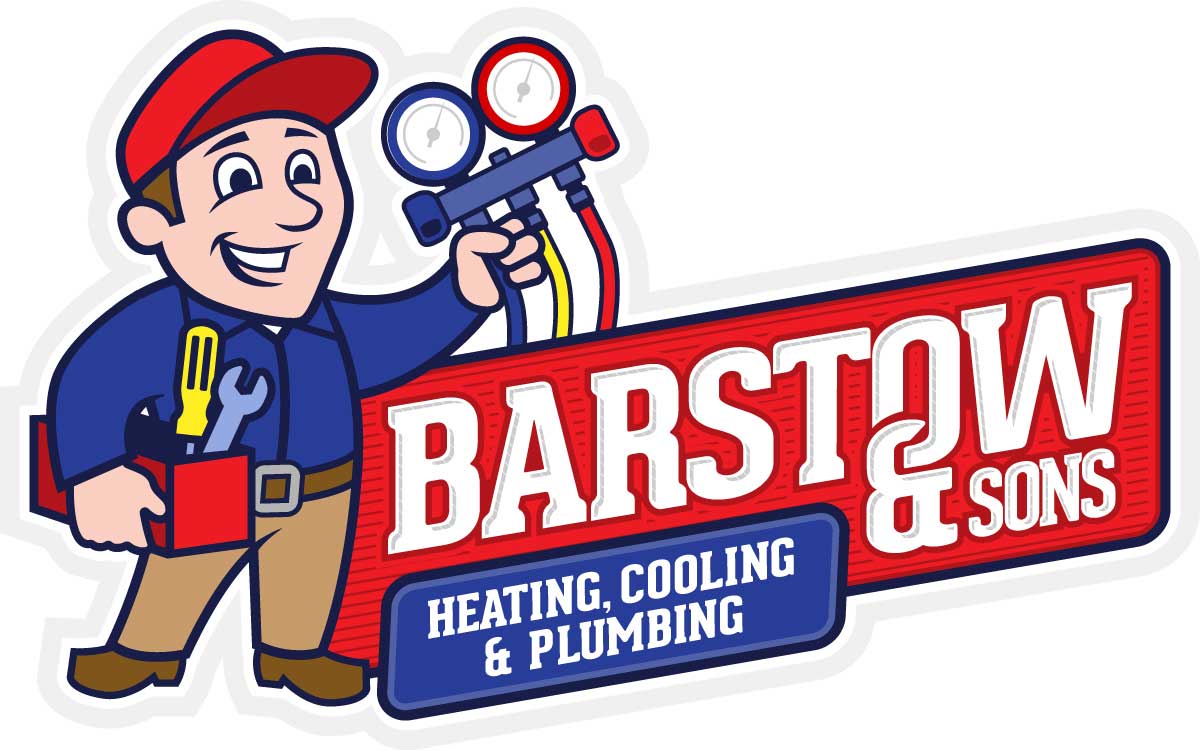Geothermal Heating & Cooling
Understanding Geothermal Heating and Cooling
Did you know that no matter what the weather may be on the surface of the earth, the ground five feet below the surface remains at a consistent 40 to 70 degrees Fahrenheit? This fact is the key to geothermal heating and cooling. Geothermal heat pumps use this constant underground temperature to power energy-efficient heating and cooling systems. These systems are not impacted by the temperature outside and use a ground heat exchanger to adjust the air flow to heat or cool your home effectively, at the most comfortable temperature possible.
How a Geothermal System Works
The system consists of a ground source heat pump and a series of buried pipes. To heat a building, the pump circulates water or another fluid through the pipes, where the fluid absorbs heat from the warmer soil, rock, or ground water around it. This heated fluid is then returned to the building, where it is used to heat water or the house. Using a heat exchanger, the system transfers heat into the building’s existing air distribution and ventilation system, and once the heat has been transferred from the fluid to the building, the fluid returns to the ground at a lower temperature, and it is heated again. The process of cooling a building is basically the reverse. The fluid absorbs heat from the air inside the building, just as it does with a traditional air conditioner. The heated fluid is then circulated through the pipes, where it transfers the heat to the cooler soil, rock, or ground water, before returning to the house at a cooler temperature.
Benefits of Geothermal Heating and Cooling
No matter who you ask, whether the EPA, the Department of Energy, consumer and industry groups, or people who own geothermal systems, you’ll hear the same answer: geothermal heating and cooling is known to be the world’s most energy efficient, greenest method of temperature control. The benefits of a geothermal system are numerous.
- A geothermal heating and cooling system is energy efficient. In fact, they’re the top rated type of HVAC system, delivering over five units of energy for each unit of energy used in production. That’s far beyond other types of heating and cooling systems, which deliver less than one unit of energy for each unit of electrical energy consumed. The energy-efficiency rating of geothermal systems exceeds 530 percent, while the most efficient gas furnace can only boast 98 percent.
- Using geothermal air conditioning and heating provides stable temperatures for a comfortable environment. Because they run more often, at low speeds, they distribute air around the house more evenly, eliminating hot and cold spots. This gives you an incredible amount of control over your interior environment.
- A geothermal HVAC is cost effective. Any additional investment you make in geothermal heating over a traditional system is recovered in just a few years because of the savings you’ll experience on your monthly energy costs. In fact, many homeowners see a return on their investment of 10 to 20 percent over the life of the system, and when it comes time to sell, a geothermal system increases the value of your home.
- You may be surprised at how quiet geothermal cooling and heating is. Because there are no noisy outdoor units and the indoor components of geothermal systems are engineered to be as quiet as they can possibly be, they don’t disturb the peace and calm of your home. Another factor that makes the system so quiet is that it runs more consistently, but at lower speeds.
- Geothermal systems are environmentally friendly. This is perhaps the biggest benefit of installing a geothermal HVAC system. The United States Environmental Protection Agency (EPA) recognizes geothermal systems as the most environmentally friendly, energy-efficient, cost-effective type of HVAC system available. They provide exceptional indoor air quality because of their high-efficiency filters, and by harnessing the free, renewable energy of geothermal heat, they help maintain a comfortable temperature in your home without emitting the harmful gases that contribute to environmental air pollution, like carbon dioxide, carbon monoxide, and other greenhouse gases. Because they don’t burn fossil fuels, they minimize the threats of acid rain, the greenhouse effect, air pollution, and global warming, and their source of energy is completely renewable and sustainable. In fact, it is possible to combine solar power and geothermal heating and cooling to achieve a “Net Zero” status for your home.
- A geothermal system is safe, reliable, and long lasting. There are no flames and no fumes with a geothermal system, because these systems don’t use natural gas, propane, or oil. What’s more, geothermal units don’t take the punishment traditional systems do, because they don’t face harsh weather or fuel combustion. That means they require less repair and last much longer than traditional systems.
- Flexible and unobtrusive, geothermal systems work well for a wide range of homes, both old and new construction. A single unit can provide heating and air conditioning, along with supplementing your home’s hot water supply. There are a variety of configurations available, and there’s no conspicuous outdoor unit to interfere with the look of your home.
- Installing a geothermal system is often incentivized. You’re likely to qualify for tax incentives, at the federal and state levels, if you switch to a geothermal heating and cooling system. What’s more, many utility companies offer rebates on geothermal energy, and you can often secure a low interest loan.
Transitioning to a Geothermal Heating and Cooling System
It can be expensive to install a geothermal heating and cooling system, especially in an existing home. Ductwork may need to be modified, and extensive excavation might be required. In a new home, it’s less costly, but it will still cost more than installing a traditional system. In the long run, though, you will more than make your money back, and, short-term, you’ll reap all the benefits listed above.
Call Barstow and Sons for All Your Heating and Cooling Needs
Are you ready to switch to geothermal heating and cooling? Whether you want a whole new HVAC system or you just need routine maintenance, contact Barstow and Sons for help. A full-service heating and cooling service company, we’ve been providing high-quality service to customers throughout Anne Arundel County, Severna Park, Pasadena, and Annapolis since 1980. We’ve built a reputation for our dedication to excellence, and we’re here for our customers 24 hours a day, 7 days a week. Call (410) 777-9148 to learn more or contact us through our website.


